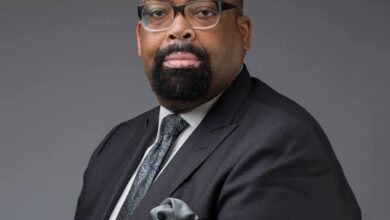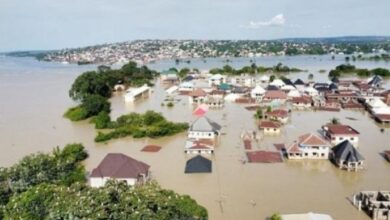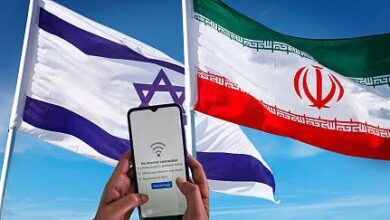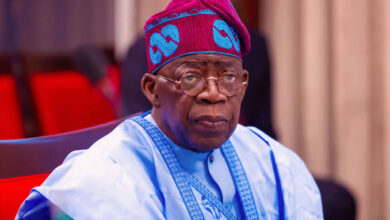Fact-Check: Will the UN Take Power From Tinubu If Protest Continues for 15 Days?
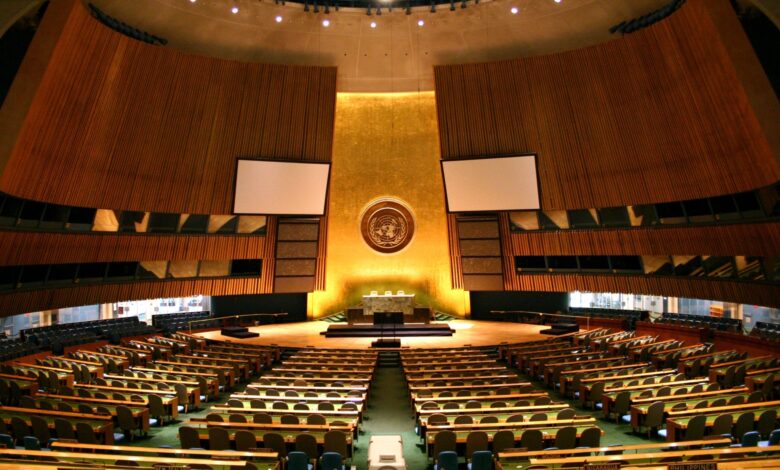
BY: Oluwaseye Ogunsanya
Claim
An X page, Defend Lagos claims that the United Nations (UN) will take power from TINUBU if protesters continue the protest for 15 days.
Conclusion
This claim is false. The UN does not intervene in matters of domestic jurisdiction of any country.
Full Text
An X page, Defend Lagos claims that the United Nations (UN) will take power from TINUBU if protesters continue the protest for 15 days.
The claimant added that “it used to be 30 days but they’re doing Promo at the UN.”
The #EndBadGovernance protests which is christened the “#10daysofrage” demonstration entered its third day today. According to its organisers, the protest is against President Bola Tinubu’s handling of the economy and poor governance, which aggrieved protesters said had brought untold hardships to millions of Nigerians.
Premium Times reported that the demonstration which began on a peaceful note on Thursday in many major cities across Nigeria turned violent in Kano, Gombe, Yobe and Niger states as well as Abuja with several properties destroyed and businesses grounded.
FactCheckAfrica observed this is not the first time the claim has surfaced online. In 2020 during the EndSARS protests, the claim made the rounds on social media.
Verification
In a bid to verify the claim, FactCheckAfrica found out that article 2(7) of The United Nations (UN) charter which was signed on 26 June 1945, in San Francisco, after the United Nations Conference on International Organization came into force on 24 October 1945 and titled: PURPOSES AND PRINCIPLES, explicitly stated that “the UN does not intervene in matters of domestic jurisdiction of any country.”
“Nothing contained in the present Charter shall authorise the United Nations to intervene in matters which are essentially within the domestic jurisdiction of any state or shall require the Members to submit such matters to settlement under the present Charter, but this principle shall not prejudice the application of enforcement measures under Chapter Vll,” the document reads.
Similarly, The UN Human Rights Committee in an article published on 29, July 2020 defined its interpretation of how the term “peaceful assembly” shall be understood as well as the scope of assembly that applies to both physical meetings and virtual or online gatherings and outlining governments’ obligations.
“It is a fundamental human right for individuals to join a peaceful assembly to express themselves, to celebrate, or to air grievances. Together with other rights related to political freedom, it constitutes the very foundation of a democratic society, in which changes can be pursued through discussion and persuasion, rather than the use of force,” said Christof Heyns, the member of the Committee who acted as Rapporteur for the drafting of the general comment.
“Everyone, including children, foreign nationals, women, migrant workers, asylum seekers and refugees, can exercise the right of peaceful assembly, which may take many forms: in public and private spaces, outdoors, indoors and online,” he added.
The Committee also stated that governments have positive obligations under the Covenant to facilitate peaceful assemblies and to protect participants from potential abuse by other members of the public. Governments also have negative duties, such as not to prohibit, restrict, block or disrupt assemblies without compelling justification.
Also, Article 19, an organisation that works for a world where all people everywhere can freely express themselves and actively engage in public life without fear of discrimination published a document titled The Right to Protest: Principles on the Protection of Human Rights in Protests also supports the right of citizens to protest. launched at the UN Human Rights Council session in June 2015.
Principle 11 (C) of the document titled State duties to facilitate the right to protest, mandates the government to “actively protect protesters, alongside other people, against any form of threats and violence by those who wish to prevent, disrupt or obstruct protests, including agents provocateurs and counter-demonstrators”
Also, a closer look at the document prohibits the government from setting time limits for protesters. This can be found in principle 9.3 (a) which states among others that “States should refrain from Introducing time limits on the duration of protests in certain locations. Any time restrictions imposed must be based on an individualised assessment by the test set out in Principle 4.
The Bulgarian protests which began in July 2020 and lasted till April 2021 (282 days) and protests in Ethiopia which lasted for more than three years are some of the examples of countries where demonstrations have exceeded 15 or 30 days and the United Nations did not take over power from the incumbent government.
Conclusion
Based on available evidence, it is affirmative that the claim is false. According to the UN charter, the organisation does not intervene in matters of domestic jurisdiction of any country.
